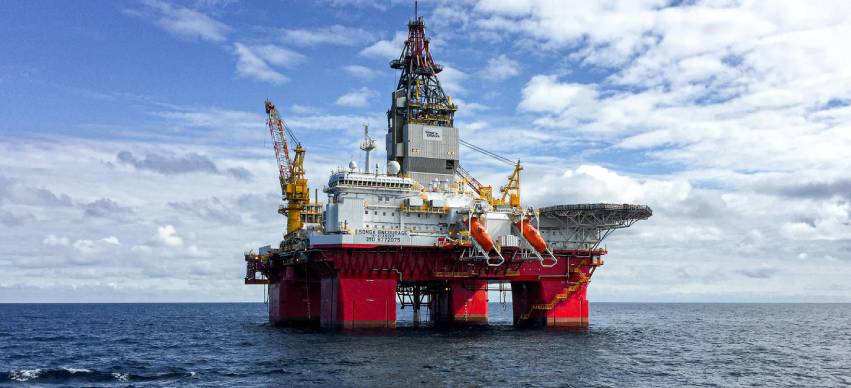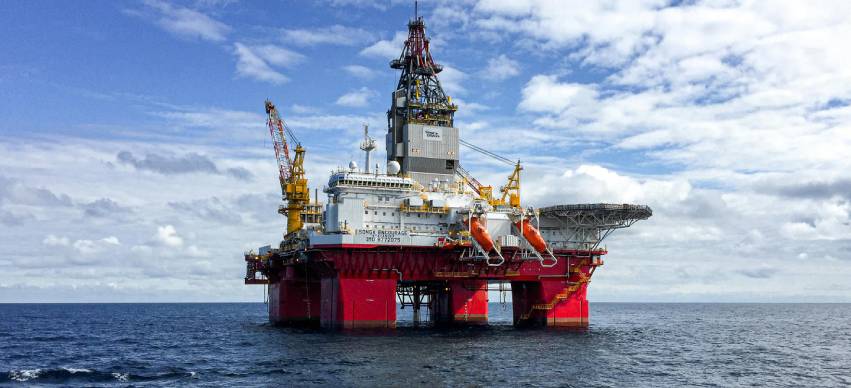Everyday Habits That Can Protect Your Eyes from Damage
4 Min Read


Working on offshore platforms and vessels can be a high-risk occupation. Accidents such as fires, explosions, and capsizings unfortunately occur from time to time, and between 2014 and 2019, there were 470 fatalities. These traumatic events can have a significant impact on the mental health and wellbeing of maritime workers.
For staff who continue working offshore following an accident, there may be an increased fear of potential hazards and accidents occurring again in the future. Every loud noise or sudden jolt can trigger anxiety and a stress response. There can also be hyper-vigilance checking for dangers.
Some workers may refuse to return offshore at all after an incident due to a perceived risk to their safety, especially those suffering PTSD symptoms who feel unable to cope. For others, the financial incentive to continue offshore work may outweigh their concerns.
Implementing better safety practices and building trust are important for seamen and other maritime workers. Many, however, continue to carry a psychological burden of stress and anxiety that their workplace is unsafe, which is why talking to a Jones Act lawyer is critical.
Being involved in a serious maritime accident, such as the Deepwater Horizon explosion, where 11 workers died, is likely to be an extremely distressing experience. Workers may witness death or serious injuries to colleagues, as well as fearing for their own life. In the aftermath they may suffer from psychological issues such as:
The stress of being directly involved in a catastrophe can have profound and enduring effects. Proper treatment and support are crucial to help workers regain their mental health.
Offshore crews often work closely together for extended periods and form tight bonds. An accident that takes the lives of colleagues can be deeply traumatic. The grieving process may be complicated by feelings of guilt, regret or anger over the perceived preventability of the event.
Attending memorials and funerals can provide closure and comfort. But the empty spot where a close friend once worked can re-trigger grief. Disengagement, emotional numbness or denial are common responses to loss among traumatized offshore crews.
The culture of stoicism that is prevalent in maritime industries also means workers are less likely to openly communicate sadness or seek counseling after losing mates. Suppressed grief, however, can lead to depression.
With proper understanding and resources, maritime employers can demonstrate a duty of care. They owe it to all crews who take on the risks inherent in working offshore. A serious accident will always take a psychological toll, but appropriate support can assist recovery and resilience.